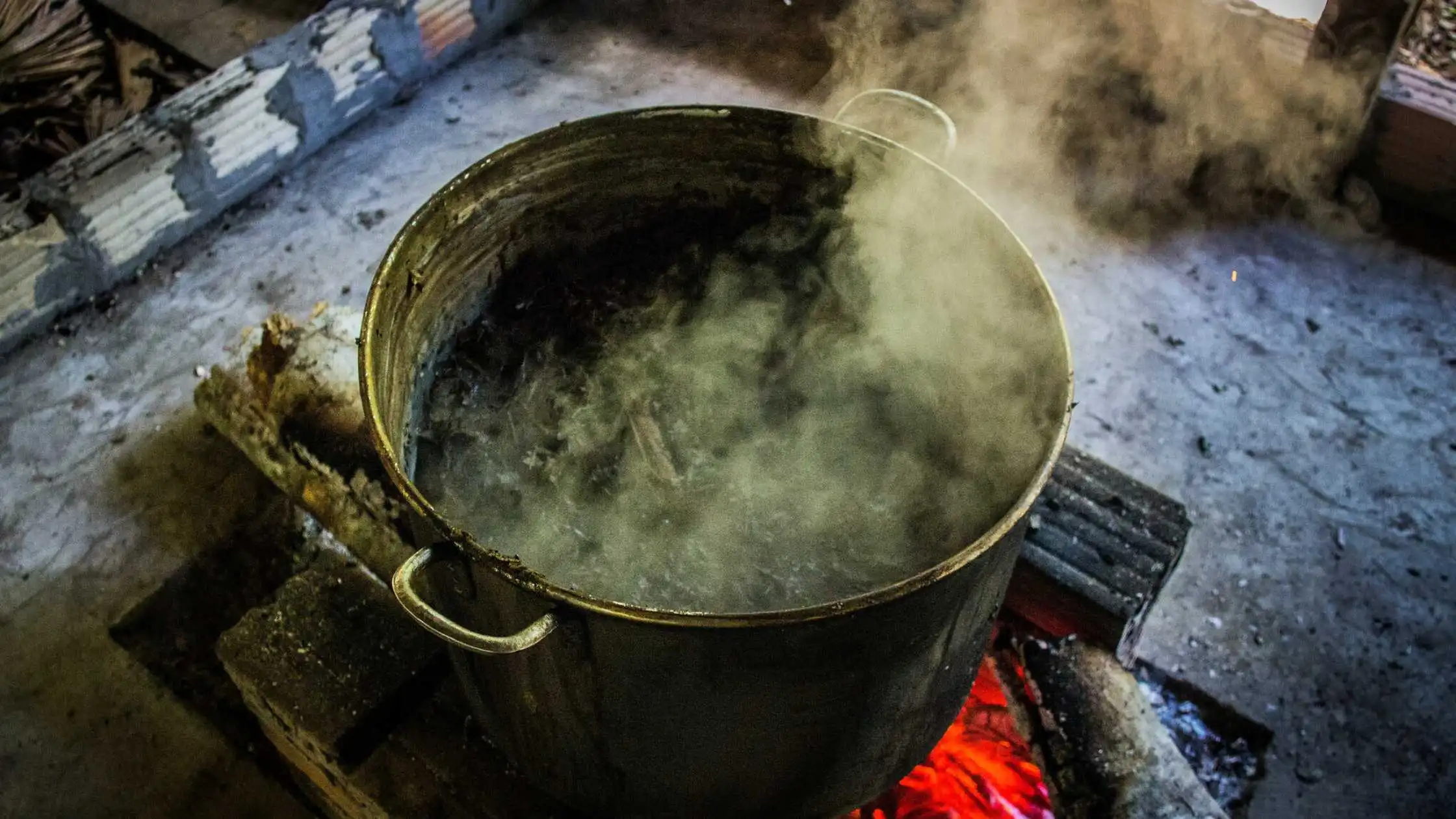Over the past year, hemp industry members have seen increased legislative action on Capitol Hill to help propel the industry forward.
Industry insiders are encouraged by the momentum building among lawmakers from both major parties to support hemp production and clear the bottleneck keeping hemp-derived CBD from being regulated by the U.S. Food and Drug Administration.
Yet the ongoing coronavirus pandemic and partisan politics have meant slow movement through Congress.
Any of these measures would mean big changes for the hemp and CBD industries, making them worth following.
Here’s a breakdown of seven federal bills on the docket – plus one state measure – and a look at why they’re important to hemp farmers and business owners.
CBD Product Safety and Standardization Act of 2021
The most recent legislation to debut on behalf of hemp, the CBD Product Safety and Standardization Act of 2021, was introduced this month by a bipartisan group of U.S. representatives, including Reps. Kathleen Rice (D-NY), Angie Craig (D-MN), Morgan Griffith (R-VA), and Dan Crenshaw (R-TX).
The bill would require the FDA to regulate CBD as a food additive and to issue regulations specifying the maximum amount of hemp-derived CBD per serving, labeling and packaging requirements and conditions of intended use.
“CBD products are exploding in popularity, but the lack of federal regulation surrounding them has put consumers at risk and left businesses looking for clarity,” Rice said in a statement.
She added that the legislation would remedy that by establishing a “clear regulatory framework” that would keep unsafe products off retail shelves while providing stability for hemp and CBD businesses.
Hemp Access and Consumer Safety Act
Hemp champion Sen. Ron Wyden, a Democrat from Oregon, along with Kentucky Republican Sen. Rand Paul, introduced the Hemp Consumer Safety Act. This bill would force action by the FDA to regulate food and dietary supplements that contain CBD.
Federal law currently prohibits the sale of food and dietary supplements that contain an active ingredient in an approved drug or a drug for which there have been substantial and publicly known clinical investigations under the Drug Preclusion Rule.
The bill would exempt hemp-derived ingredients, such as CBD, from this rule and give the FDA authority to establish labeling and packaging requirements for foods and dietary supplements containing hemp.
Wyden told hemp industry members in November that the FDA’s lag in action poses consumer safety problems. The high interest in CBD has caused a piecemeal regulatory framework across the U.S. that makes it difficult for manufacturers to comply with basic standards and appropriate labeling regulations and impedes progress for farmers.
“Hemp producers and farmers across the country deserve uncertainty, some predictability and particularly in rural areas, uncertainty means that you’re missing opportunities that you just can’t get back,” Wyden said.
Hemp and Hemp-Derived CBD Consumer Protection and Market Stabilization Act of 2021
Introduced in February by another Oregon Democrat, Rep. Kurt Schrader, this bill would allow hemp and hemp-derived ingredients, including CBD, in dietary supplements under the Federal Food, Drug and Cosmetic Act.
The legislation would seek to make CBD an exception under the Drug Preclusion Rule under the FD&C Act, which states that a material that has already been approved as a pharmaceutical drug cannot be approved as a dietary ingredient.
This rule affects both CBD and THC, which have both been approved in pharmaceuticals, according to Kelly Shea, senior vice president of government affairs and corporate communications at Denver-based CBD company Charlotte’s Web.
“The cannabis industry, when federally legal, will face the same situation with THC, which has been approved as a drug,” Shea said.
“Other cannabinoids could (already) be in the NDI phase (investigational new drug application). This is why HR 841 is the preferred piece of legislation. It addresses the drug preclusion rule with all parts of the hemp plant, not just CBD.”
Schrader’s bill awaits consideration by the House Committee on Energy and Commerce’s Subcommittee on Health.
Hemp Economic Mobilization Plan (HEMP) Act of 2021
At the tail end of 2020, Paul introduced a measure to amend the 2018 Farm Bill’s definition of hemp from 0.3% THC to 1% THC.
The bill, reintroduced in March, would also require testing of hemp-derived products after processing rather than the hemp flower or plant itself. It would aim to prevent legal hemp from being seized during transport by requiring that hemp shipments be accompanied by documentation.
Thus far, the bill has been referred to the U.S. Senate’s Committee on Agriculture, Nutrition and Forestry.
Cannabis Administration and Opportunity Act
U.S. Senate Majority Leader Chuck Schumer and fellow Democrats Sens. Cory Booker and Ron Wyden formally announced in February a collective effort to advance comprehensive marijuana reform legislation.
The Cannabis Administration and Opportunity Act, introduced in July, is a comprehensive reform bill that would legalize marijuana on a federal basis by removing the plant from the Controlled Substances Act and allowing states to continue to decide whether to prohibit or allow commercial sales.
Yet the bill has not gained bipartisan support and has been criticized as legislation that would “create industry winners and losers.”
Regarding hemp, the draft legislation would allow CBD to be approved as a food and dietary supplement. However, it offers no provisions for other hemp-derived cannabinoids or ingredients, as the National Industrial Hemp Council noted in a letter to the senators.
The trade group advised using the same language as that in Wyden’s Hemp Access and Consumer Safety Act to include all hemp-derived products.
States Reform Act
The latest comprehensive cannabis legalization bill, introduced in November by South Carolina Republican Rep. Nancy Mace, would reform the country’s approach to marijuana regulation. In addition to removing marijuana from the list of federally controlled substances, the bill would:
- Preserve states’ authority to regulate or prohibit marijuana.
- Establish a new federal regulatory framework to treat marijuana like alcohol by splitting industry oversight between the FDA for medical usage, the U.S. Department of Agriculture for farmers, and the Bureau of Alcohol, Tobacco, Firearms and Explosives for adult-use MJ products and industry enforcement.
- Remove all federal criminal penalties related to marijuana consumption and possession, as well as expunge most nonviolent MJ criminal convictions.
- Establish a 3% federal excise tax.
- Revise the Federal Food, Drug and Cosmetic Act.
Where the legislation most affects the hemp industry is this last point, which would create a pathway for cannabis-infused foods, drugs, dietary supplements and medical cannabis products.
House leadership assigned the Mace measure to several committees, including Judiciary, Agriculture and Small Business.
SAFE Banking Act
The SAFE Banking Act, legislation that could reform banking and lending for hemp and marijuana companies, was removed from a defense spending bill in Congress in early December, dashing hopes of meaningful federal reform in 2021.
The House amended the banking initiative into the defense bill in September.
Sponsor Ed Perlmutter, a Democrat from Colorado, unsuccessfully tried to get SAFE Banking reattached to the bill in December.
The measure faced opposition from key Senate Democrats and the Drug Policy Alliance.
Both groups urged lawmakers not to approve SAFE Banking before passing a more comprehensive marijuana legalization bill.
Hemp packaging in New York
A New York measure introduced in November by state Sen. Michelle Hinchey would prioritize the use of hemp-based packaging for cannabis products.
Hinchey, chairwoman of the Senate Agriculture Committee, said the bill would help “kickstart” a lagging industrial hemp industry, promote sustainable packaging options, and provide business opportunities and economic development.
The bill would make New York the first state to order hemp packaging for cannabis products by directing the state Cannabis Control Board to develop a plan to make hemp the primary packaging source for all cannabis products made in New York.
It would also task the state’s cannabis management and economic development offices to create an incubator program that would offer financial incentives to farmers and cannabis entrepreneurs who contribute to developing and using hemp packaging materials.
Disclaimer: https://hempindustrydaily.com/8-hemp-bills-worth-watching-in-2022





